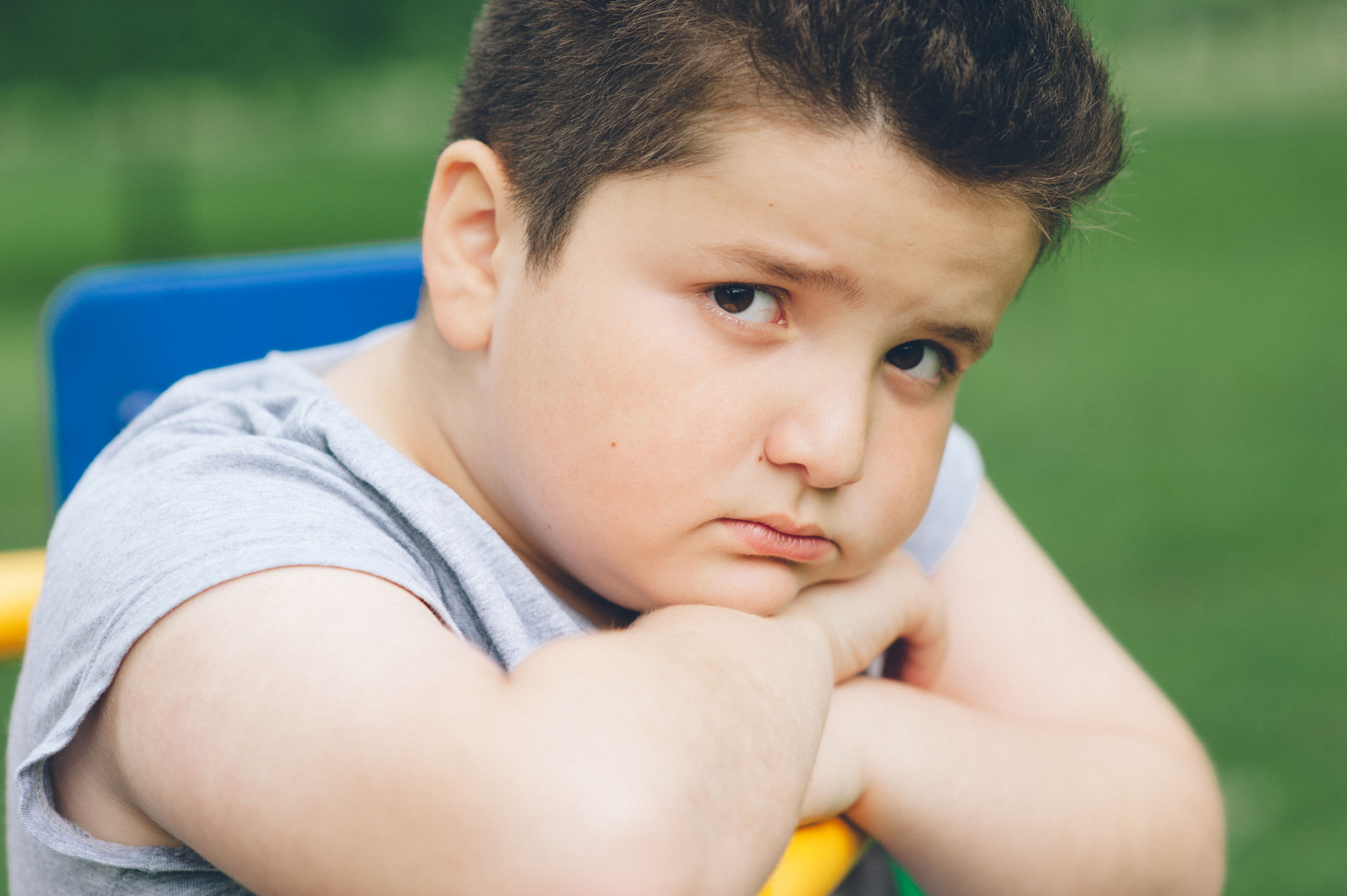World Health Organization estimates that more than 340 million kids and younger adults between ages 5 and 19 are either obese or overweight. In addition to a bad dietary trend, these stats show that childhood obesity at this stage increases the mortality rate globally. And this rate is a lot higher than those kids who are malnourished and underweight.
The Center for Disease Control (CDC) just released a report that says; one in every five kids from ages 12 to 15 is exhibiting symptoms of prediabetes. It would increase their risk to get diabetes type 2 in later years of life. Diabetes type 2 has no treatment and poorly managed diabetes type 2 often leads to chronic kidney failure, liver damage and heart problems.
All the contributions to highlight the necessity of taking this issue seriously has helped scientists to mend a path for medical professionals and diagnostics to examine all possible nutritional and psychological factors that may cause childhood obesity.
New research conducted by the researchers from the University of Notre Dame, found multiple ways by which psychological characters of the children having weight issues, like anxiety, depression, and low esteem in combination with similar traits of their parents and other family members influenced different nutritional interventions.
They found that there was a network effect among the factors that could help them understand an approach influential enough to enhance the results of the nutritional interventions.
According to scientists, psychological characteristics have many effects on the interactional level, and these are not just individualized risk factors that require assessment. Every child needs specific characteristics for assessment.
The Notre Dame group teamed up with the Center for Nutritional Recovery and Education, a not-for-benefit, nongovernmental healthful facility in São Paulo, Brazil, where patients take an interest in a two-year interdisciplinary treatment program including family directing, dietary workshops and different physical exercises. Specialists broke down the restorative records and mental evaluations of 1,541 youngsters who took part in the program.
The investigation’s key takeaway focuses on the critical effect guardians and watchmen have on their kid’s wellbeing with regards to nourishment. Solid relational intricacies, for example, worry for conduct and treatment and a feeling of defense for the youngster prompted improved results of wholesome mediations. Absence of power, be that as it may, prompted negligible changes in results.
This is quantitative proof of the achievement and disappointment of connections as they identify with the qualities and collaborations between the kid and the parent or gatekeeper.
The investigation additionally features the requirement for facilities to extend their perspectives on quiet populaces. For instance, while treatment programs that consolidate advancement of relational relationship—familial and something else—may improve results of wholesome intercessions, a similar treatment plan might not have a similar outcome for kids encountering dejection combined with tension.
For the gathering without tension, this bodes well when you consider a treatment plan concentrated on reinforcing a youngster’s group of friends and address issues originating from dejection, for example, poor informal organization, harassing or deliberate disconnection. Be that as it may, patients feeling forlornness and uneasiness really demonstrated insignificant changes to nourishing intercessions, and might be bound to profit by extra administrations at facilities like CREN.


